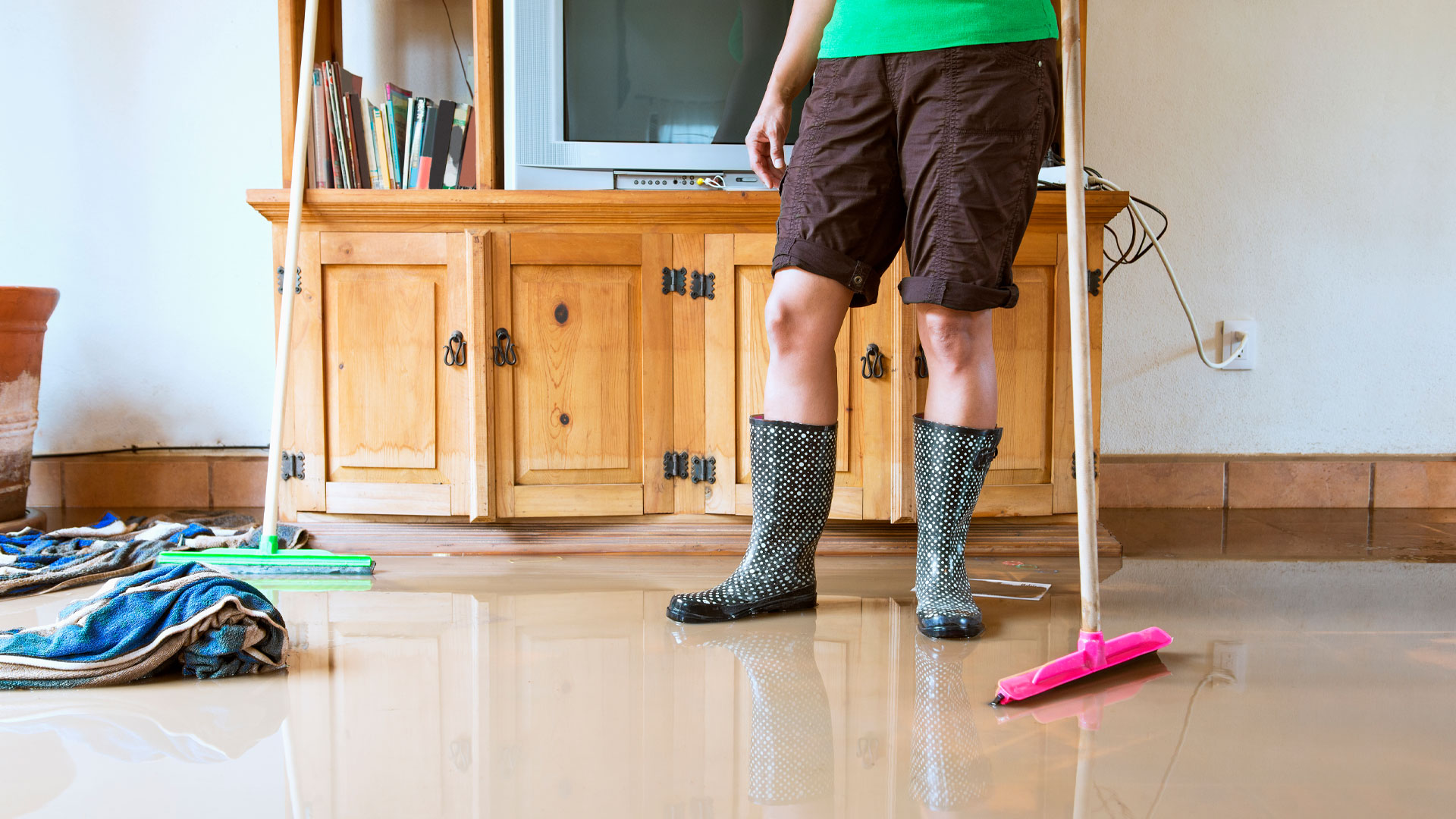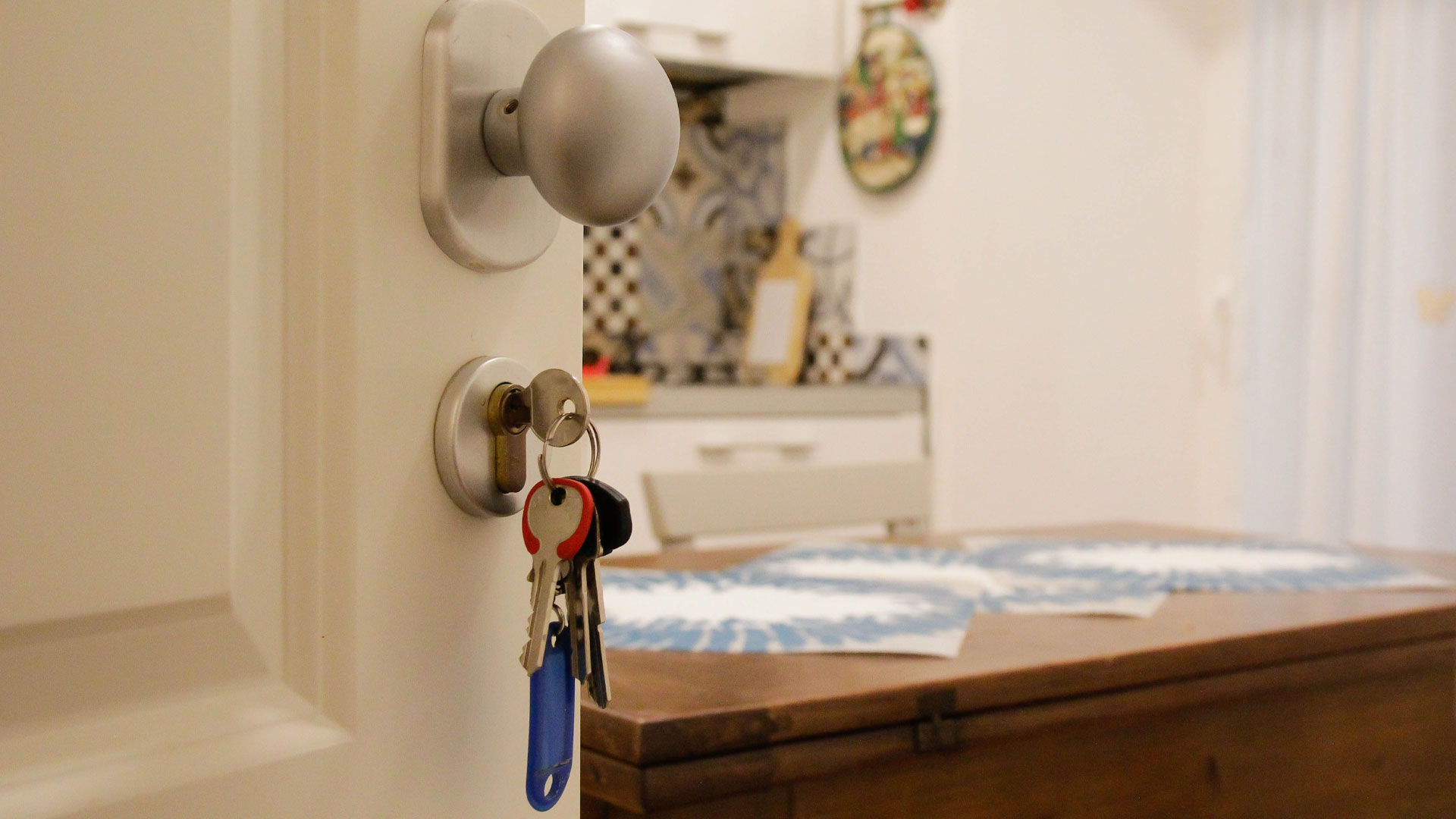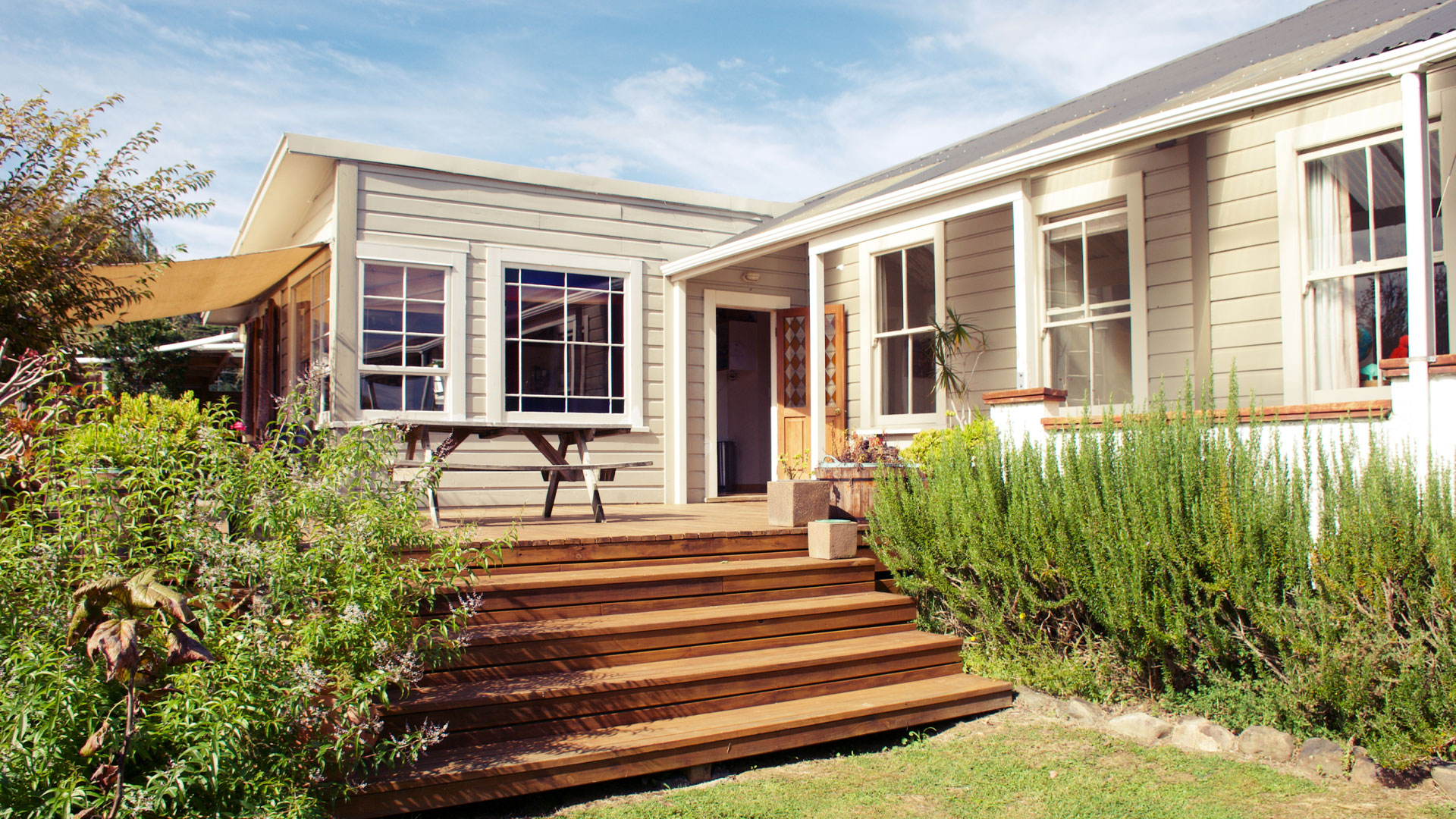Buying guide
What can void home insurance in NZ?
Don’t get on the wrong side of your policy wording.
.png)
What can invalidate your home insurance policy?
1. You miss your renewal date
2. You provided inaccurate information
Study your policy carefully to understand the rules and regulations.
3. You leave your home unoccupied
4. You’re lax about maintenance and repairs
5. You regularly forget to lock up
Regularly forgetting to lock up can void your home insurance policy.
6. You failed to contact the police
Looking to buy a property in NZ?
Search among the wide range of homes currently listed on Trade Me Property.
Search now Author
Search
Other articles you might like









